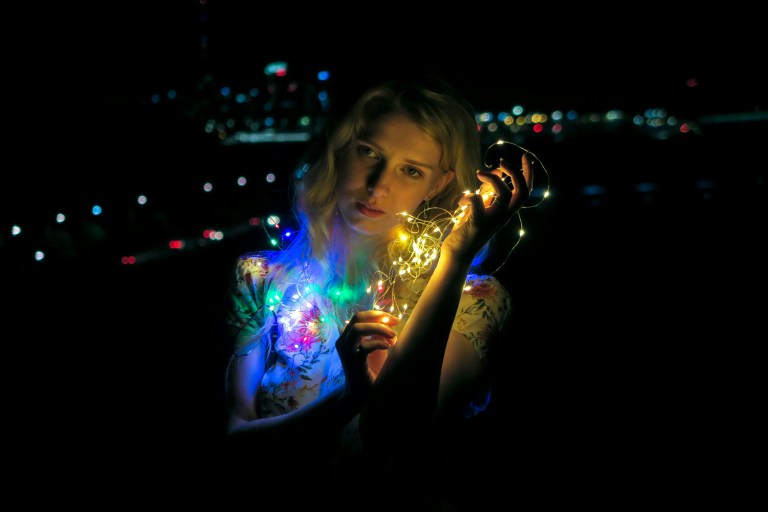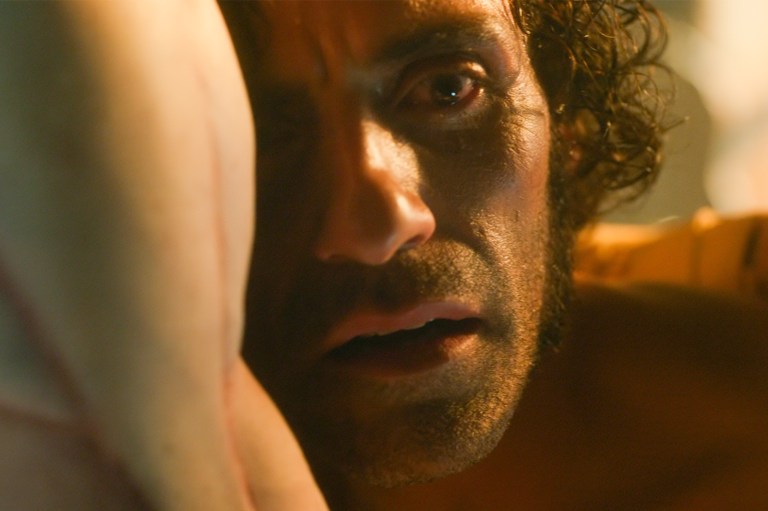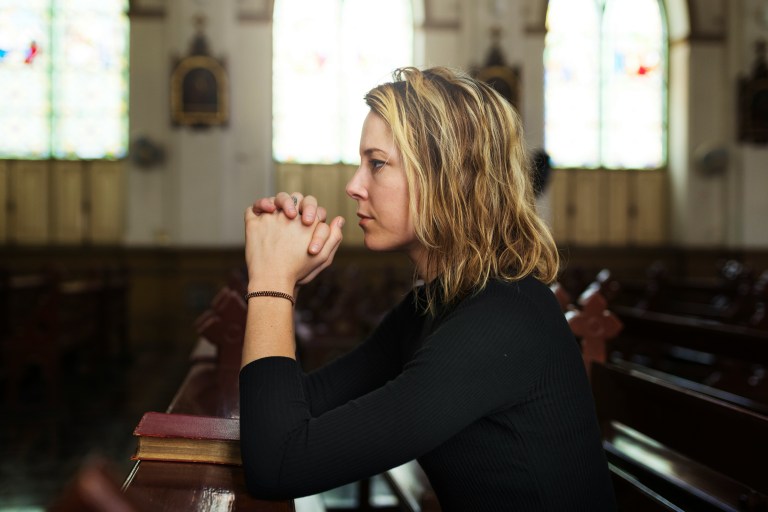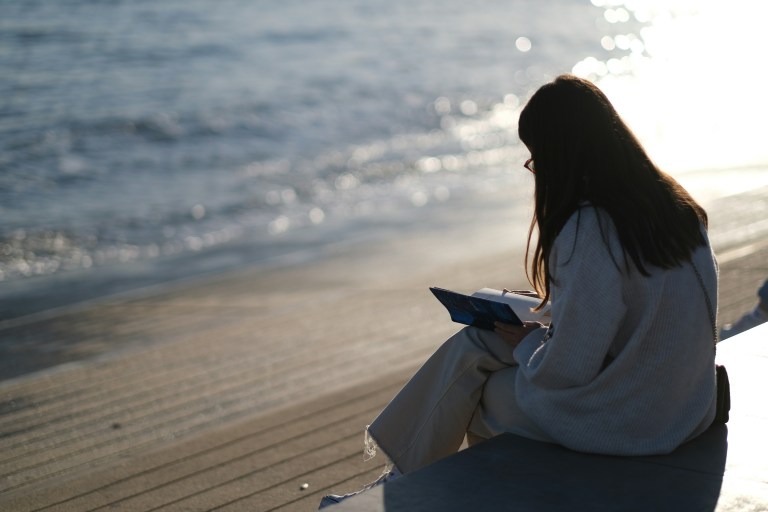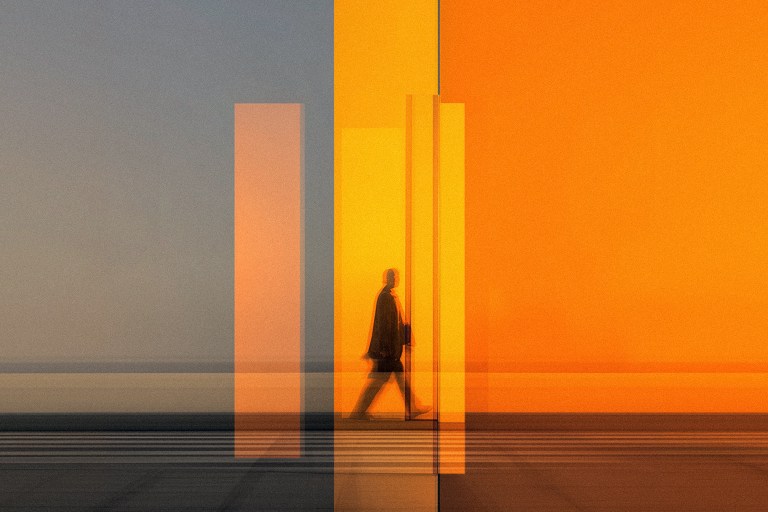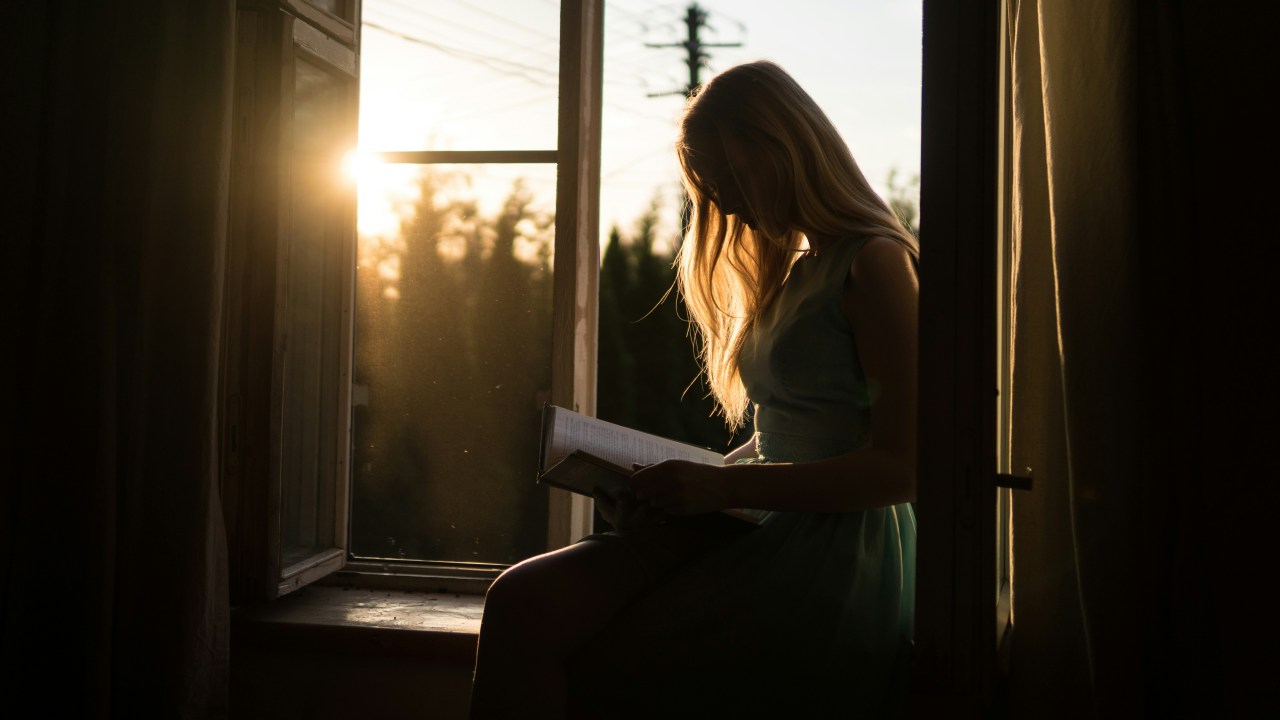
7 Books That Will Change The Way You See Everything
There's something about seeing how ancient wisdom applies to a modern life that makes everything seem that much more connected.
I’m not quite sure why this is, but lately a lot of people have been asking about what books I’m reading. Like, enough to warrant me writing this because I think this is what you guys want? Anyway, these definitely aren’t for everybody, but I’ve personally loved and found incredible insight in every one of them, and I genuinely recommend them. Oh also, I don’t read new books as much as I re-read the ones I love again and again. That’s probably not a good thing, but hey.
1. Tiny Beautiful Things by Cheryl Strayed. It’s a series of articles/essays that Strayed published anonymously as advice columnist Dear Sugar. Each is so gorgeously tormented, detailing her struggles with molestation, drug abuse, cheating, divorce, death, etc. in such a strange and striking way that no matter what you’re dealing with, you can’t not put it down having found an answer. She’s raw and honest and humble and radically sincere, and it’s a book that’s changed and shaped much of who I am as a writer and person.
2. Handbook for the Spirit edited by Dr. Richard Carlson and Dr. Benjamin Shield. It’s an anthology of essays by various spiritual leaders of the world — from the Dalai Lama to Mother Teresa to many other teachers, authors, philosophers, doctors, physicists and therapists in between. What I love about it is that it focuses on universality. Each refers to the base of what every religion is built on, the ideas presented rooted in the human condition, evidenced by science and proven by experience. It’s simply written, very approachable, easy to understand. It’s something I’m passing along to my kids, if that’s a testament to how strongly I feel about it.
3. Every Day by David Levithan. This is a fiction book (it’s a pretty light read) about a guy who wakes up each day in a different body. Every morning he has to adjust to the context of the life he’s in regardless of gender or religion or ethnic background. But there is just one similarity to each of his lives: he’s always in love with the same girl. It’s a simple, thought-provoking, beautifully written story that kind of prods at a more existential theme.
4. Tao Te Ching by Lao Tzu. If you haven’t read the Tao Te Ching, get your ass to a Barnes & Noble immediately. It doesn’t matter what religion you practice or what you believe, the insight and poeticness are universal in their applicability, relevance and overall profundity. I mean that sincerely. It’s a book I keep on hand to flip through now and again when I’m really pretzeled up inside. There’s something about seeing how ancient wisdom applies to a modern life that makes everything seem that much more connected.
5. The Phenomenon of Man by Pierre Teilhard De Chardin. This was given to me by a friend, and I got through it on a recent trip. It’s a heavier read. You have to go over some paragraphs a few times to really grasp them: every sentence is so imbued with meaning and understanding not only on theories of existence but scientific and mathematical propositions about proof of that theoretical nature. It’s a lot more practical than some of the other books I enjoy, but nonetheless, it’s enlightening. Again, it’s not a breezy beach book, but that doesn’t make it unenjoyable if you take it piece by piece, paragraph by paragraph, thought by thought.
6. The Architecture of Happiness by Alain de Botton. This is a beautiful book (seriously, essentially every sentence is absolutely gorgeous) about the philosophy and psychology of architecture and what it means to connect our identities with our surroundings. It’s really metaphorical, and yet it presents things in such an understandable way, because you can look around the room you’re sitting in and understand what principle he’s trying to explain. It’s based on the undeniable truth that so much of who we are is based on where we’re from, and how the physical translates to the metaphysical.
7. Daily Rituals: How Artists Work by Mason Currey. I feel like this book would be found on more coffee tables than not, but regardless, it’s a compilation of 161 famous people: novelists, poets, playwrights, painters, philosophers, scientists, etc. who describe how they get over their daily, (self-inflicted) obstacles. It’s not all aspirational, though. Some accounts are practical (take a bath, drink coffee) some are honest (Jean-Paul Sartre took painkillers each day) and some are spiritual (Descartes had lucid dreaming episodes.) The accounts are vast and almost random seeming (from Darwin to Warhol to Austen to Kafka) but none-the-less first-hand insight from noted individuals. ![]()
